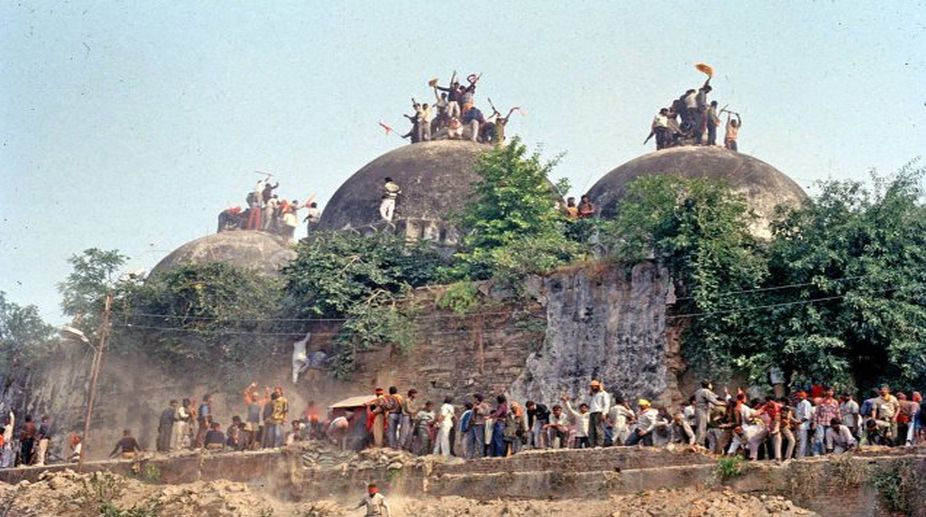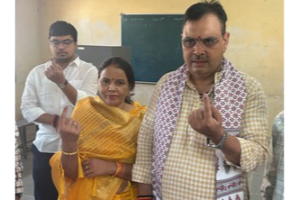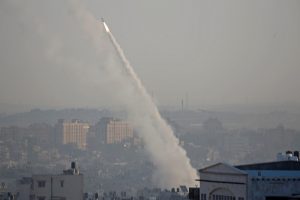Pardon the taking of recourse to the oft-deprecated journalistic line “only time will tell…” Yet that would be a realistic evaluation of the somewhat surprising suggestion of the Chief Justice of India for yet another attempt at an out-of-court, mediated settlement of the long-festering highly-emotional sore that is the Ram Janmabhoomi-Babari Masjid dispute at Ayodhya. What triggers a degree of intrigue is precisely what Mr Justice JS Khehar had intended when offering himself, or a brother judge, as mediators between the disputing parties. What would be the status of that mediation, would the recommendations be binding, would central and state laws be amended to facilitate any such mediated settlement? The Chief Justice’s out-of-the-box offer also caused a mini-stir since it was not made at a formal hearing at which all parties to the dispute were present. Queries are also being raised as to why the apex court was now advocating an out-of-court settlement when the judicial apparatus had been seized of the matter for decades. Sure there was much appreciation of the CJI’s declaring it a sensitive and sentimental issue, but one set of critics wondered if the apex court was seeking a way out of eventually having to pronounce a judicial verdict in which there was limited scope for a compromise solution. Another set of critics wondered if the timing of the CJI’s observations were inadvertently influenced by the political equation re-determined on March 11.
On the face of it, there was all-round appreciation of the call for a negotiated settlement, but just under the surface was an insistence by the Ram Janmabhoomi votaries that the disputed site be handed over to them for the construction of a temple, and that there was nothing sacred about the Babari Masjid. The contrary view was that the suggestion was tantamount to surrender, and that after its vandalisation on December 6, 1992, the mosque had acquired its own sentimental status. That within hours of the CJI’s suggestion all the major players were back in action, vehemently re-stating the positions that had led to the serious, at times inflammatory and occasionally violent stand-off confirmed that an ambience conducive to negotiations was yet to obtain.
Hence the prospects of another attempt at negotiations appeared as bleak as during previous endeavours. So did the developments in the apex court on Tuesday serve to douse, or stoke, the fires that many believe were ignited centuries ago, and were more recently fuelled by sectarian politics? Perhaps some movement will be “reported” when the issue is taken up again by the court some ten days hence. Maybe it would be fair to conclude that, regardless of the outcome, their Lordships “did try”…where other entities had failed.











